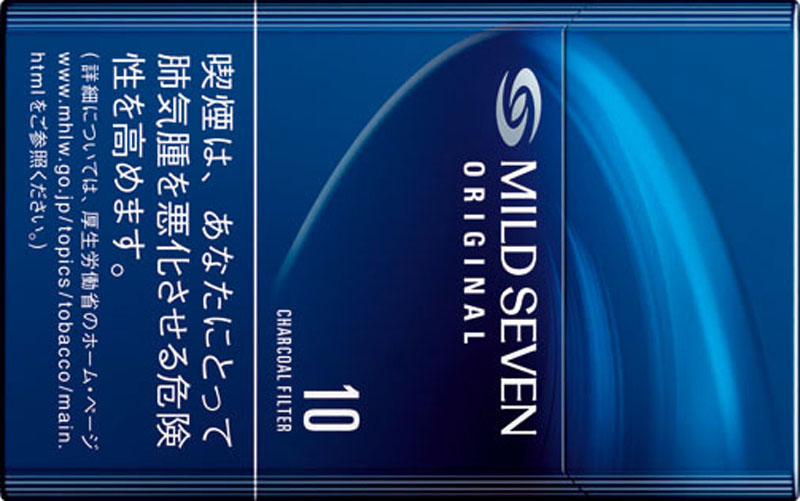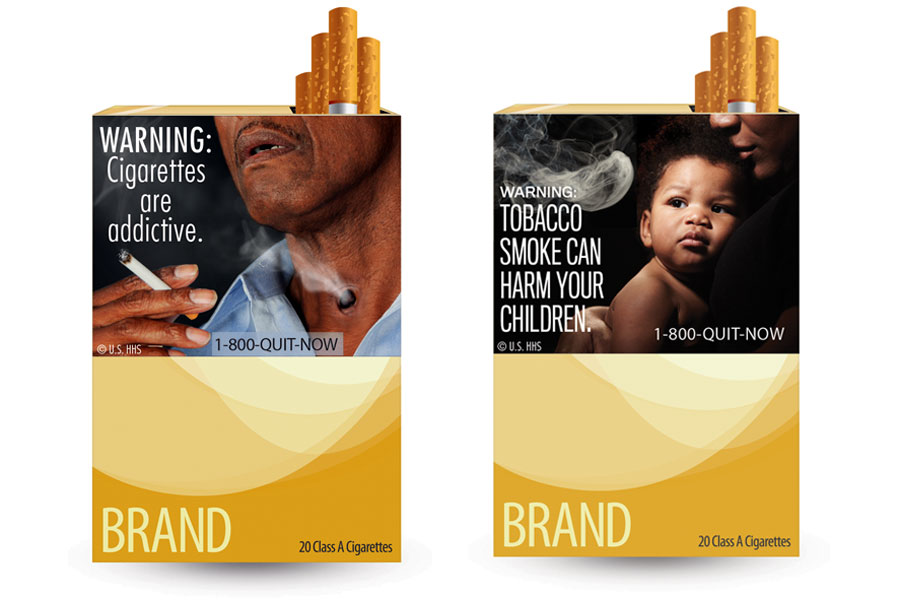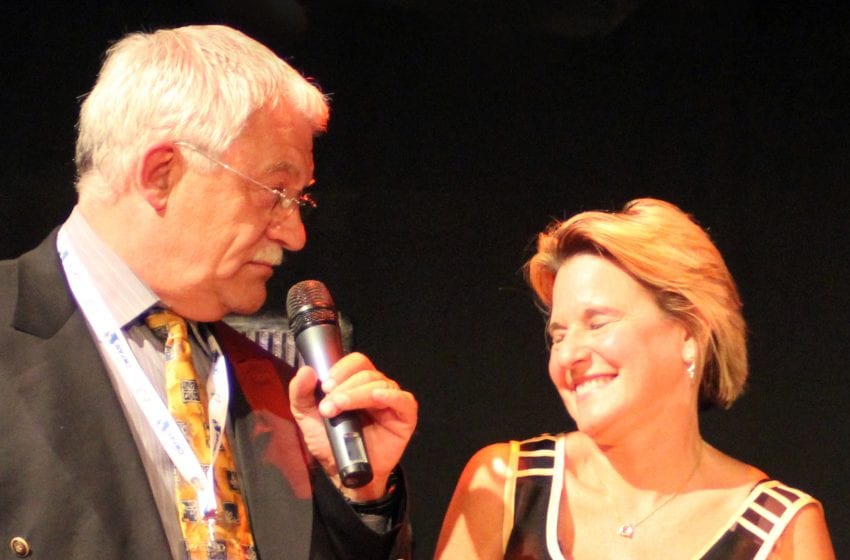The Global Tobacco Networking Forum comes into its own.
By Taco Tuinstra
After a cautious start in Rio de Janeiro in 2008, and a significant boost in Bangalore in 2010, Tobacco Reporter’s Global Tobacco Networking Forum truly came into its own in Antwerp this past June. The event not only attracted a record number of attendees from all parts of the world, it also enjoyed the support of major global and regional manufacturers. Some participants have already dubbed GTNF the tobacco industry’s “Davos,” after the prestigious World Economic Forum meetings in Switzerland.
The background of the GTNF is by now well-known. Aware of the industry’s increasing need for timely information and meaningful interaction, Tobacco Reporter in 2008 came up with an alternative to the congresses that dominated tobacco events at the time. The traditional congress concept was based on one-way traffic, with participants listening to a series of prepared presentations. Interaction with experts was typically limited to a brief question-and-answer session, after which the respective parties went their own ways. The messages of the speakers, however inspiring, were often quickly forgotten as attendees returned to their offices and resumed business as usual.
Talking with experts from inside and outside the tobacco industry, Tobacco Reporter realized it was possible to make its events more impactful. By tweaking the Congress format to allow for more interaction, the quality of communication would improve significantly. Instead of asking the audience to passively consume a series of lectures, event organizers should offer attendees an opportunity to directly engage with the experts. And because every member of the audience was inevitably an expert in his or her own field, the value of the resulting exchange of information would be greater than the sum of its parts. Thus the GTNF was born.
While the networking concept had been successfully applied in other industries, it was new to tobacco at the time. Tobacco, of course, is a notoriously conservative industry, so the sector’s initial response to the new forum was cautious. A relatively small number of people attended the first GTNF in Rio de Janeiro, Brazil, but those who did so were well rewarded. When Dayton Matlick, the president of Tobacco Reporter’s parent company, SpecComm International, asked participants at the end of the event to share their thoughts about the forum, the response was overwhelmingly positive. Attendees said the gathering had given them an opportunity to interact with people they would otherwise have not encountered, and that the intimate nature of the discussions lowered the barriers to communications.
As every marketer knows, there is no better marketing tool than word-of-mouth, and word about the GTNF spread quickly. When Tobacco Reporter held its second forum in Bangalore, India, in 2010, attendance was significantly higher than in Rio. More than 200 industry representatives, including senior executives from leading cigarette makers, traveled to Bangalore to see what the buzz was about. They did not leave disappointed. Some left the event determined to take actions based on the discussions they had participated in. Others said they had become aware of fundamental issues that would affect their business. And virtually everybody Tobacco Reporter spoke to acknowledged that the GTNF had given them new ideas that would benefit their organizations.
The word continued to spread after Bangalore, and Antwerp became the best-attended GTNF to date. As the number of participants rose, so did the buy-in among the companies that the industry looks to for leadership—the major cigarette makers. GTNF Antwerp was supported, through participation in the forums, by the world’s leading tobacco companies: Philip Morris International, British American Tobacco, JTI, Imperial Tobacco Group, R.J. Reynolds TobaccoCo., National Tobacco and many others.
Cigarette makers sent some of their top talent, with the GTNF list of speaker biographies reading like a who’s who of the tobacco industry.
But perhaps the most striking thing about the event’s attendee list wasn’t who participated from the industry, but who participated from outside the sector. In addition to leading financial analysts such as Erik Bloomquist (Berenberg Bank), Bonnie Herzog (Wells Fargo Securities) and Jonathan Fell (Deutsche Bank), the GTNF attracted journalists from some of the world’s leading publications. Jon Copestake and Kevin Dunning of the Economist Intelligence Unit, a sister organization of The Economist magazine, evaluated the industry’s outlook against the global economic environment. Other prominent media speakers included Jamie Dettmer, who has written for The Times of London and the Sunday Telegraph, among other publications, and Mick Hume, editor-at-large of Spiked.
Even more remarkable was the participation of several leading public health advocates. Scott Ballin of the Alliance for Health Economic and Agriculture Development and Jeff Stier of the National Center for Public Policy are by now familiar faces at Tobacco Reporter events, but the participation of Francis Crawley, Delon Human and Anders Milton represented a true coup. Crawley is executive director of the Good Clinical Practice Alliance, Europe, and aWorld Health Organization expert in ethics; Human is president and CEO of Health Diplomats, a Swiss advisory and consulting practice; and Milton has been a senior adviser to the Swedish government delegation to the World Health Assembly and president of the Swedish Red Cross.
Participating in sessions on harm reduction, smokeless tobacco and alternative nicotine products, these high-profile health advocates offered the industry an opportunity to interact with its critics in a constructive manner—something that hasn’t always been possible in other settings.
The GTNF also proved a useful platform to announce new developments. Coresta, the association that promotes international cooperation in tobacco research, announced its new guideline for the treatment of cigarette beetles during the GTNF. The organization’s secretary-general, Pierre Marie Guitton, had graciously agreed to moderate a session on infestation management (and another one on low-ignition-propensity cigarette papers). The organization’s endorsement of the controlled-atmosphere technology as an alternative to existing beetle-control approaches provided a fertile base for discussions.
In a separate forum, Oded Shoseyov of the Hebrew University of Jerusalem, Avi Tzur of Recon Inc. and Juan Sanchez Tamburrino of ATC Biotec discussed alternative uses for tobacco.
Other sessions covered topics such as illicit trade, security of leaf supply, the impact of ingredient bans and the threat of plain packaging, which is currently under way only in Australia but is being considered in other jurisdictions. The plain packaging panelists examined the tensions between health considerations and intellectual property rights. They also assessed the strength of the industry’s pending court challenges against the measure and the potential unintended consequences, such as increases in counterfeiting.
The presence of both manufacturers and suppliers on the panel and in the audience enabled participants to view the topics from different angles than they might have been accustomed to. For example, corporate affairs people, who might normally look at the plain packaging issue from a legal perspective, had an opportunity to see the issue from a printer’s perspective, and vice versa.
Patrick Basham, director of the Democracy Institute, was in top form as he set the agenda and guided the audience through the program. In doing so, he skillfully drew on his extensive industry knowledge and sense of humor. On the morning following the Golden Leaf Awards banquet and celebration, Basham helpfully recited the dictionary definition of hangover.
Fred Vandermarliere, director of Gryson Tobacco Co., welcomed delegates to his home country and provided an entertaining overview of Belgium’s history, covering the kingdom’s various occupiers, its linguistic struggles and cultural treasures, such as Duvel bier and Manneken Pis, the famous bronze sculpture depicting a naked little boy urinating into a Brussels fountain basin.
Unlike the previous editions of the GTNF—which were held on dry land—the Antwerp event took place on two event boats that had been reconfigured to accommodate conferences. The setup proved ideal for networking—although in the downstairs rooms the noise of the engine at times forced participants to raise their voices, especially during docking maneuvers. In between sessions, delegates mingled in the bar area or went outside on the deck to enjoy a smoke and—on the first day of the event—the abundant sunshine.
This being northern Europe, the pleasant weather didn’t persist, but that didn’t dampen the mood. The passengers simply moved inside to the upper deck, where instead of banning smoking, the organization had simply asked smokers to be considerate in deciding where and when to light up.
As the Belgian and Dutch landscape slid past in the background, you could see procurement managers mingling with leaf suppliers and instrumentation manufacturers talking to health advocates. CSR managers drank coffee with automation specialists, while financial analysts exchanged cards with fumigation experts. The interaction continued during the gala dinner. Instead of sitting only with colleagues, many participants stepped out of their comfort zones and shared a table with people they didn’t know before. Some even dined with their competitors.
If anybody ever doubted the GTNF concept, the networking crowds on the Oceandiva conference ships would have convincingly disproved their reservations.








